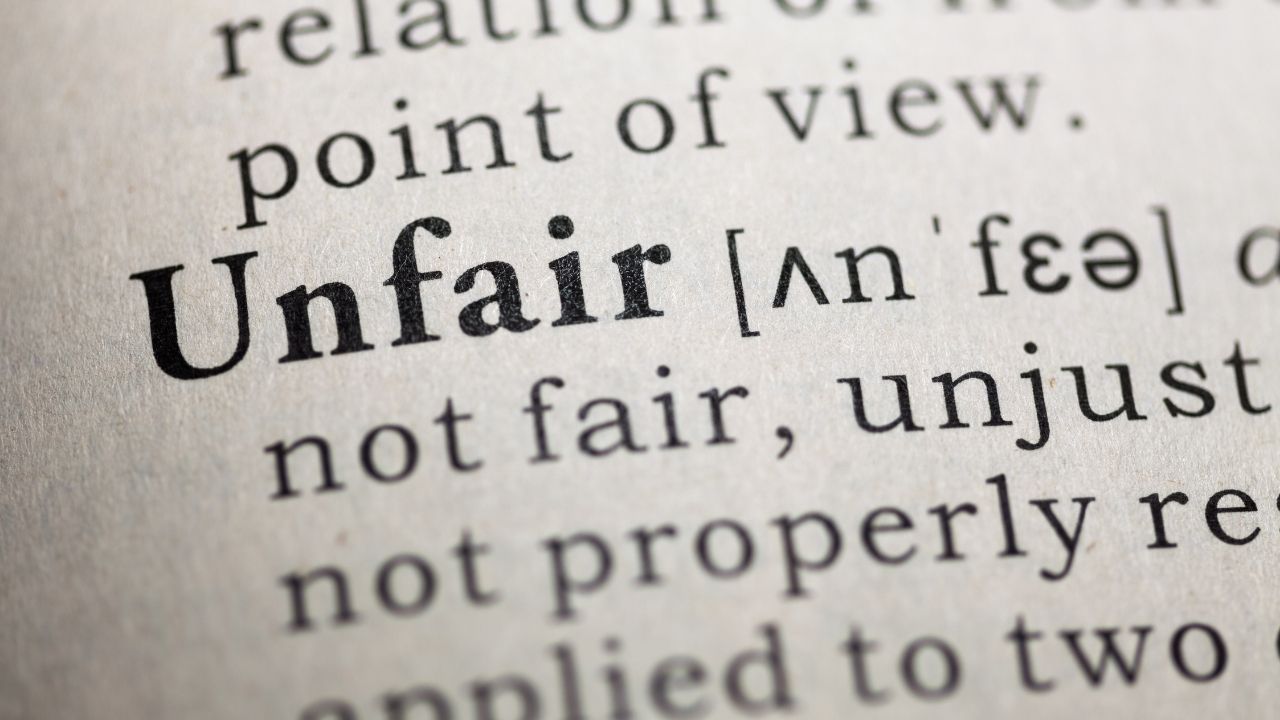Overview
In Dardanelli & 6 Others v Tilito & 3 Others (Land Case E041 of 2024) [2025] KEELC 392 (KLR), decided on February 6, 2025, by the Environment and Land Court in Malindi, Kenya, the court addressed the critical issue of virtual commissioning of affidavits. The ruling, delivered by Judge Mwangi Njoroge, struck out an application due to a defective affidavit, emphasizing stringent requirements for virtual commissioning under Kenyan law. This alert focuses on the court’s findings regarding virtual affidavit commissioning and its implications for legal practice.
Background
The 1st and 2nd defendants sought a stay of proceedings and referral to arbitration, supported by an affidavit purportedly sworn by the 1st defendant in Nairobi on May 23, 2024. The plaintiffs challenged the affidavit’s validity, alleging the deponent was abroad at the time, and the affidavit falsely claimed it was sworn in Nairobi. The defendants admitted the deponent was not physically present, arguing that the affidavit was commissioned virtually, a practice they claimed was permissible in the digital age.
Court’s Analysis on Virtual Commissioning
The court scrutinized the defendants’ claim that virtual commissioning was valid under the Kenya Information and Communications Act and Evidence Act. They argued that electronic signatures and virtual appearances before a commissioner for oaths were acceptable, citing common practice where advocates execute documents and pass them to colleagues for commissioning. However, the court rejected this argument, emphasizing the sanctity of affidavits as statements under oath, which carry the risk of perjury if not properly commissioned.
Citing Section 5 of the Oaths and Statutory Declarations Act, the court noted that a commissioner must truthfully state the place and date of affidavit commissioning. The defendants’ admission that the deponent was abroad rendered the affidavit’s jurat false, as it claimed the oath was taken in Nairobi. The court further highlighted that virtual commissioning requires rigorous safeguards to ensure authenticity, which were absent in this case. Specifically, the defendants failed to provide a certificate under Section 106B of the Evidence Act, which governs the admissibility of electronic records. This section requires details about the electronic process, the device used, and confirmation of the record’s authenticity, none of which were provided.
The court distinguished virtual court appearances, which are highly regulated, from affidavit commissioning, which lacks a comparable framework for ensuring the deponent’s identity and understanding of the oath. It expressed concern that accepting unverified virtual commissioning could lead to disputes over affidavit authenticity, potentially increasing court backlogs if deponents later disown signatures or statements. Consequently, the affidavit was struck out for non-compliance with statutory requirements, rendering the application unsupported and dismissed.
Implications for Legal Practice
This ruling underscores that virtual commissioning of affidavits in Kenya is not automatically valid without strict adherence to statutory provisions. Practitioners must ensure:
- Physical Presence or Verified Virtual Process: Deponents should ideally appear before a commissioner. If virtual commissioning is attempted, a certificate under Section 106B of the Evidence Act must detail the process, device, and authenticity of the electronic record.
- Transparency in Jurat: The affidavit’s jurat must accurately reflect the place and manner of commissioning to avoid misrepresentation.
- Safeguards Against Fraud: Virtual commissioning requires clear evidence of the deponent’s identity and understanding, such as documented online interactions or platform details.
Conclusion
The Dardanelli case serves as a cautionary tale for legal practitioners relying on virtual affidavit commissioning. Without a robust, statutorily compliant process, such affidavits risk being struck out, jeopardizing applications. The court’s decision reinforces the need for procedural rigour in the digital era, ensuring affidavits remain reliable evidence in judicial proceedings.



